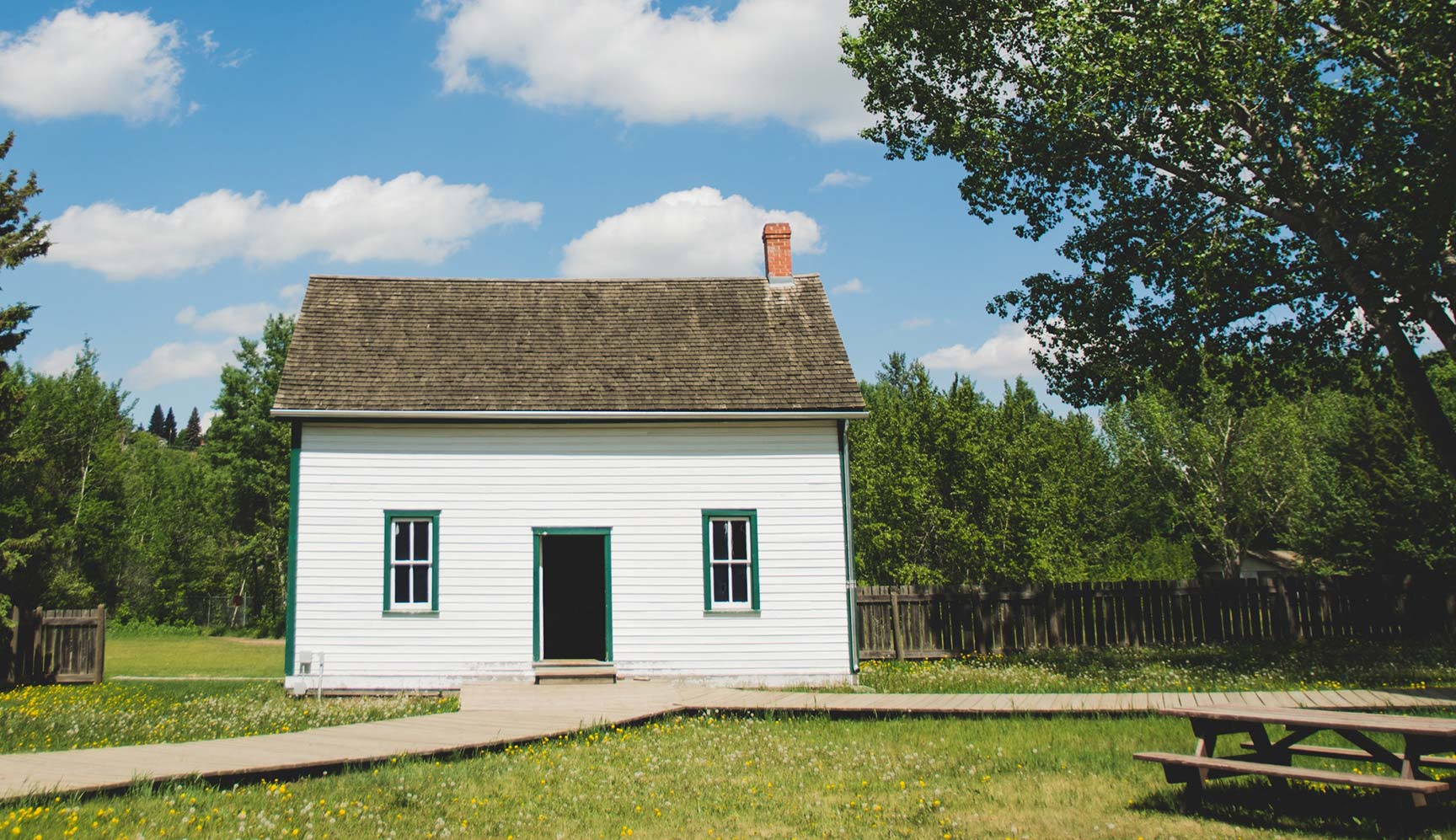Once the kids go off to college and then (hopefully) into the work world, empty nesters typically have more house than they need. The question becomes whether to sell or stay put.
Let’s imagine you have a 3500-square-foot house. Now that your five adult children have families of their own, they visit from time to time but have no plans to come back and live with you.
A 3500-square-foot house is a lot to take care of and if it’s located a few miles from town, it’s not as convenient as a nice little place on the Westside of Ukiah, for example. If you sold your big house, you could move into town—into a neighborhood with tree-lined streets that are perfect for evening walks. You could be closer to shopping and other amenities, like Sundays in the Park concerts, the weekly Farmers Market, and your doctor’s office. And you could choose a property that would require substantially less yard work than your current one.
And convenience is only one of the possible benefits. Selling your house and buying a smaller one could be a smart financial move. Cash from the sale of your 3500-square-foot house could be used to pay for the new, smaller house, and you’d have money left over to supplement your retirement income. For the holidays, instead of staying at home (since things would be a little crowded), you could meet kids and grandkids at Disneyland or Yosemite or take a cruise to Mexico. As you can see, the benefits of downsizing are many.
However, as the father of five grown children, the thing that stops me from downsizing is the thought of losing our gathering place. I want all my kids to come home for holidays and birthdays and weekend barbecues. I want them to be able to show their children the room they grew up in, the tree they loved to climb, the fence they painted, and the back door they snuck out of when they thought no one was looking.
If I move, I lose all that. I love thinking about my children having children of their own and bringing them to my house where there’s plenty of room to run around. If it means I need to do a little extra landscaping, so be it.
The decision to downsize is a personal one, and it’s influenced by your financial resources as well as your emotional connection to your house. Sometimes, when people have experienced difficult, emotional family situations like a divorce or a death in the family, it can be easier to start over with a new house.
If you downsize, you will not only lower your mortgage payment, but you’ll also reduce the cost of maintaining your home. You may recall from previous articles, most people spend about 3 percent of the home value per year on taxes, insurance, repairs, and maintenance. If you were to downsize from a $700,000 house to a $400,000 house, you’d save on mortgage interest, plus several hundred dollars per month on house-related expenses.
If you decide to downsize, and you stay within the county, you can bring your tax base with you if that’s financially beneficial for you. If you bought your home twenty or thirty years ago, your original tax base is likely to be below the $400,000 value of the smaller house you’d move into. The lower your tax base, the lower your taxes.
Talk to your accountant about the financial benefits of downsizing, and if it’s the right move, call your Realtor to help you put your home on the market. Then, pour yourself a cup of coffee and start thinking about whether you’d rather go to Disneyland or Mexico for Christmas.
If you have questions about real estate or property management, contact me at [email protected] or visit www.realtyworldselzer.com. If I use your suggestion in a column, I’ll send you’re a $5.00 gift card to Schat’s Bakery. If you’d like to read previous articles, visit my blog at www.richardselzer.com. Dick Selzer is a real estate broker who has been in the business in Ukiah for more than 40 years.


